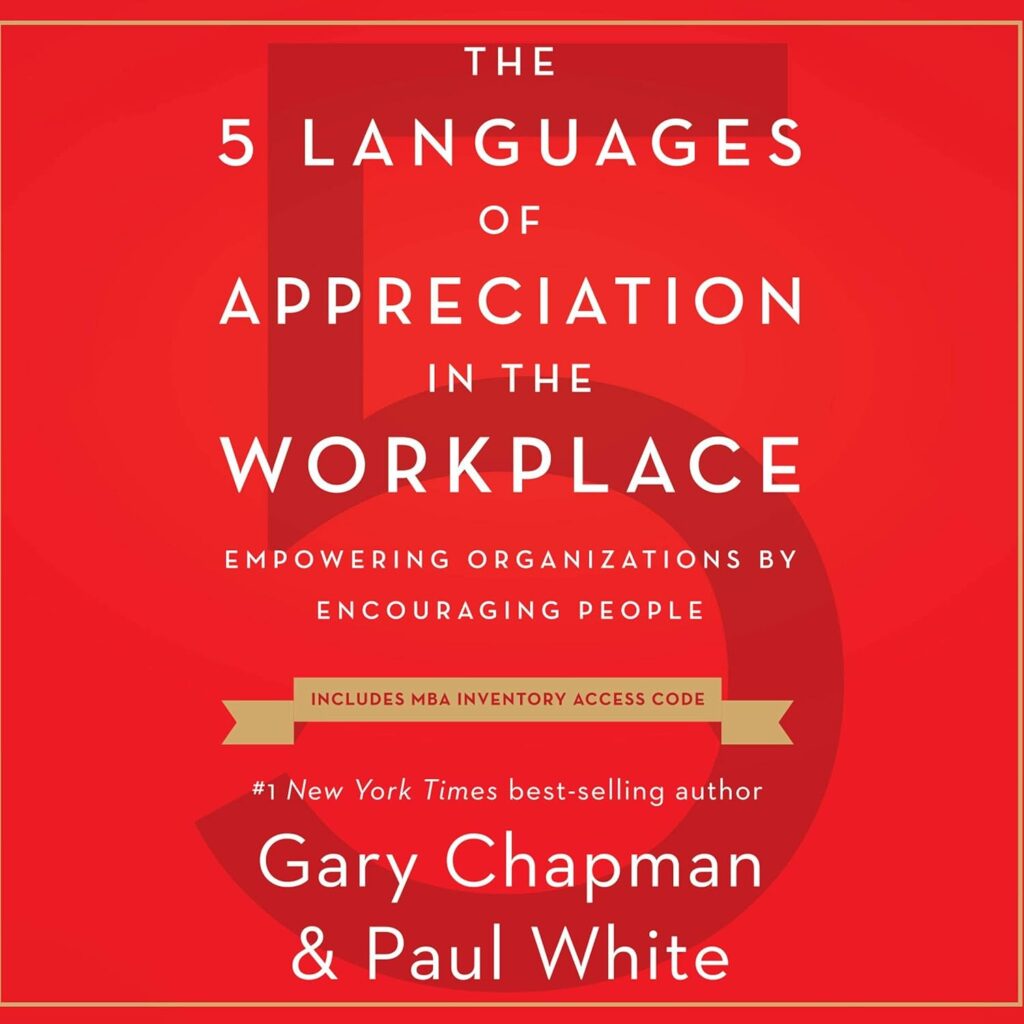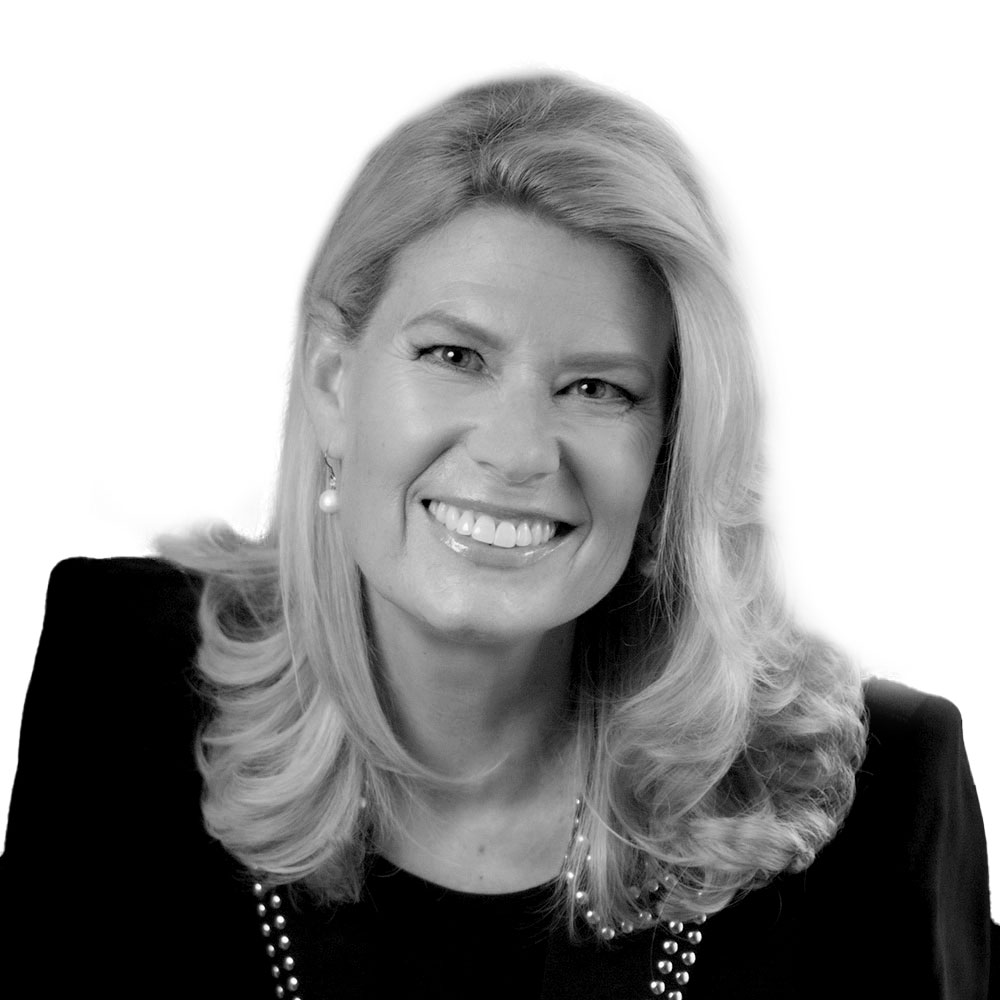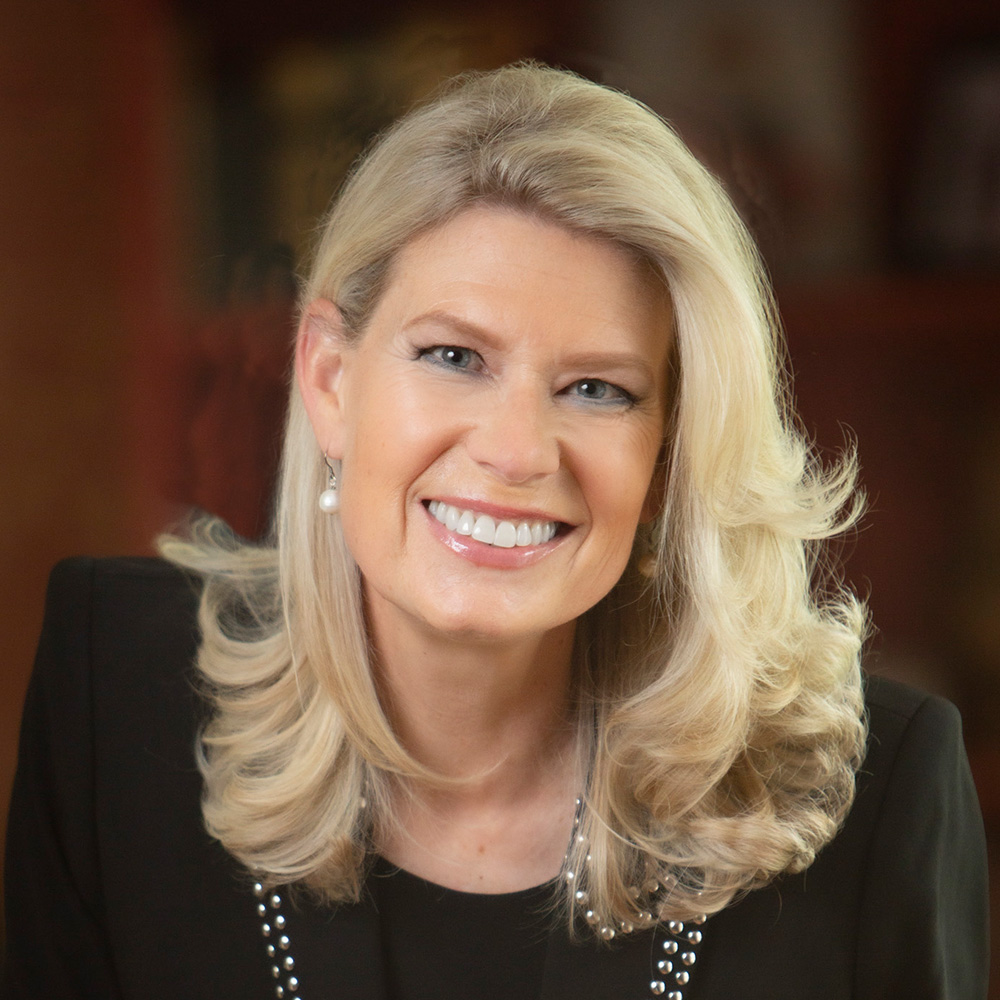
Key Points:
- How is DEI changing? Many companies are moving towards more subtle, “Quiet DEI” initiatives, continuing their commitment to diversity without explicitly labeling it as DEI.
- There is a continued leadership commitment to DEI. Despite reduced public enthusiasm, many C-suite leaders remain dedicated to promoting DEI values within their organizations.
- Evolving DEI Strategies include a focus on organically integrating diversity efforts into broader business practices to better capture everyday workplace cultures.
Peruse the headlines, and it seems the Diversity, Equity, and Inclusion (DEI) movement has moved on—at least for now.
The roster of companies distancing themselves from DEI hiring and practices is a Who’s Who of familiar names—Zoom, Home Depot, DoorDash, Tractor Supply, and Lyft. Social and cultural tastemakers Meta, Tesla, and X join the mix of major corporations that cut DEI teams by 50 percent or more in 2023.
It’s a far cry and a fast fall from the surge of DEI hiring and policies established in the wake of George Floyd’s 2020 death. Whether moved by altruism, public pressure, or even economic gains, American companies prioritized racial equality, building teams dedicated to diversity, equity, and inclusion.
Evolution of DEI Practices
The push for DEI rose to public consciousness in 2020, but its roots are embedded in the Civil Rights movements of the 1950s and 1960s. Affirmative action and equal employment legislation such as Title VII of the Civil Rights Act of 1964, the Equal Pay Act of 1963, and the Age Discrimination in Employment Act of 1967 were the foundation for DEI, setting the stage for future growth.
.Fast forward 65 years, and you can see how DEI is changing in practice in academia and corporations worldwide.
The Supreme Court’s 2023 decision overturning affirmative action in college admissions fueled the DEI pushback, creating a domino effect throughout academia.
Shifts in Diversity, Equity, and Inclusion Initiatives in Education
The Chronicle of Higher Education tracks how DEI is changing through legislation and found state legislators have introduced at least 65 anti-DEI bills since 2023. Florida, North Carolina, South Dakota, Tennessee, and Texas have passed legislation that prohibits colleges from having diversity, equity, and inclusion offices or staff and bans mandatory diversity training, among other things.
The decision also prompted executives nationwide to reexamine their diversity, equity, and inclusion programs, resulting in the disbanding of programs and internal DEI hires.
Adjustments in DEI Implementation in the Corporate Sector
Most recently, Tractor Supply Co., the largest rural lifestyle retailer in the U.S., took a public step back from its robust DEI policies, citing customer feedback as the reason for eliminating its carbon emissions goals and DEI programs.
With its highly respected board and management group and legacy of community engagement, the company made the decision out of respect for its customers, who include recreational farmers, ranchers, homeowners, gardeners, and pet enthusiasts.
In a press release on June 27, 2024, Tractor Supply Co. said, “We work hard to live up to our Mission and Values every day and represent the values of the communities and customers we serve. We have heard from customers that we have disappointed them. We have taken this feedback to heart.”
The company listed five key changes in the release, including “…eliminating DEI roles and retiring our current DEI goals while still ensuring a respectful environment” and “no longer submitting data to the Human Rights Campaign.”
Tractor Supply Co. isn’t alone in its DEI shift.
Changing Trends in DEI Approaches in Workplace Settings
Washington Post reporter Taylor Telford disclosed that Zoom’s chief operating officer Aparna Bawa told employees the company would replace its internal DEI team with DEI consultants who would “champion inclusion by embedding our values…directly into our people programs rather than as a separate initiative” according to a Jan. 29 memo.
Elon Musk, the billionaire owner of X, Tesla, and SpaceX, echoed the sentiments of billionaire investor Bill Ackman, who shared his thoughts about DEI on X, calling it “inherently a racist and illegal movement in its implementation even if it purports to work on behalf of the so-called oppressed.”
Musk followed Ackman’s post with his own, saying, “DEI is just another word for racism. Shame on anyone who uses it. DEI, because it discriminates on the basis of race, gender, and many other factors, is not merely immoral, it is also illegal.”
Data from the job search site Indeed further supports how DEI is changing. There is a decline of dedicated DEI policies with a 23 percent decline in job postings with “DEI” in the title or description between November 2022 and November 2023.
The Pew Research Center data shows how the political fault lines reflect the country’s thoughts about DEI. The Pew survey found that 78% of Democratic and Democratic-leaning workers say focusing on DEI at work is a good thing, compared with 30% of Republican and Republican-leaning workers.
How Is DEI Changing or Expanding?
So that’s it, then? Is DEI done? After all, Musk said DEI is immoral, and data shows a reverse in hiring, so it must be true.
Well, not exactly.

Despite data and the change in hiring, many companies are pursuing Quiet DEI, reframing efforts without using acronyms.
A November 2023 survey conducted by Littler Mendelson P.C., the largest global law practice devoted to representing management in employment, employee benefits, and labor law matters, revealed that despite the gloom and doom of the headlines, the C-suite is still actively pursuing and expanding its diversity, equity, and inclusion strategies.
More than 300 C-suite executives, including Chief Executive Officers, Chief Legal Officers, and Chief Diversity Officers representing a diverse range of industries and company sizes, responded to the survey, which shed light on DEI’s future.
Highlights include the following:
- More than half of U.S. executives say their organizations have expanded their diversity, equity, and inclusion strategies over the past year despite an increased backlash against broader diversity initiatives.
- 57% of C-suite executives in the U.S. said they had grown their diversity commitments over the past 12 months, even as 59% reported growing opposition to diversity programs in the U.S. following the U.S. Supreme Court’s decision to roll back affirmative-action college admissions policies in June 2023.
- 91% of C-suite leaders say the Supreme Court rulings have not lessened their prioritization of DEI.
“Most of the business leaders with whom I speak across the professional services and nonprofit sectors continue to support a broad definition of diversity, equity, and inclusion that rejects the echo chambers of old and capitalizes on how the differences make them stronger,” said Amanda K. Brady, Managing Director and Chief Client Officer, The Alexander Group.
Transition of DEI Programs Should Be Straightforward
There is room for improvement, or rather clarity of program execution. Thirty-five percent of the executives said their organizations need clear plans and goals relating to DEI initiatives.
The survey revealed the most popular initiatives tend to be straightforward and established. These include providing training and professional development opportunities to diverse employees and providing organization-wide DEI or “implicit bias” training and educational resources, which have already been implemented or are in the planning stages at 77% of organizations.
About three-quarters of executives (73%) also say their organizations already provide or plan to develop mentorship opportunities for diverse employees.
This data rings true for Jane Howze, Managing Director of The Alexander Group. She has experienced multiple shifts across the executive recruiting landscape throughout her career and says DEI hiring practices may currently look different, but they have taken root.
“Our firm has seen many trends over its 40-year history, and the pendulum always swings back. While there may be a pause in highlighting DEI initiatives, you must think about it in the long term, and we do,” Howze said.
How Diversity, Equity, and Inclusion are Evolving To Stay In Place

Growing DEI effectively is undoubtedly an evolving process. Caroline Wanga, President and CEO of Essence Ventures, Co-Founder of WangaWoman, and former Chief Culture, Diversity, and Inclusion Officer at Target, thinks it’s time for corporate DEI efforts to take a step back and ask critical questions.
These are Wanga’s five prompts for reframing the corporate DEI discussion:
1. Do your workplace policies give individuals permission to express themselves and ask for what they need?
For the amount of time I invested in being in all the right places for DEI, none of my numbers moved because I was there. My numbers moved when people saw me come to work with dreadlocks and finally started wearing their vacation braids to work.”
2. Do your mentorship programs pair employees based on their appearance or the deeper qualities they need to succeed?
Corporate America mentorship should be aligned to the needs of the person and the best person who can give them that. What they happen to look like should not be a factor in whether they’re a good mentor.”
3. Does your workplace offer space for employees to truly listen to each other?
We were teaching everybody how to come out and say stuff that makes people uncomfortable… What we forgot to do is teach people how to listen to it.”
4. Do your DEI programs foster personal accountability and action?
The next time you use the word ‘ ’instead of saying I need DEI to do this, or I’m worried that DEI is doing this, take out the word ‘ ’and put your name and see how you feel. Because if you’re not doing it, I don’t care about DEI.”
5. Are your DEI initiatives primarily for meeting business objectives or creating a more humane workplace?
DEI is not about ‘How many of this do you have? ’DEI is not about meeting goals. DEI is about teaching people how to get in touch with what they are good at.”
Bottom line in answer to “How is DEI changing in the future?”
DEI initiatives aren’t going anywhere.
“The firms I have spoken to indicated they are doubling down on their DEI initiatives,” said John Lamar, Managing Director of The Alexander Group. “Prioritizing diversity in their workforce, leadership, and client engagements will continue, as will efforts on creating an inclusive workplace culture.”
Transformations in DEI Strategies and Progression of DEI Efforts By Executive Leadership
The evolution of Diversity, Equity, and Inclusion (DEI) efforts highlights that while public enthusiasm for DEI may have declined, these initiatives are far from over. Many organizations are transitioning to a more discreet, “Quiet DEI” approach, showing continued individual leadership commitment despite broader corporate pullbacks. Leaders remain dedicated to organically embedding DEI principles into business practices, underscoring the importance of diversity as a long-term goal. As DEI strategies adapt, the focus shifts toward sustainable integration that reflects the fundamental values of leadership and employees.
Moving forward, consider how your organization can continue to prioritize diversity, equity, and inclusion in the evolving workplace landscape. Whether through quiet initiatives or more visible commitments, DEI should remain integral to leadership strategy. Connect with us to learn more about integrating DEI seamlessly into your business practices.




















